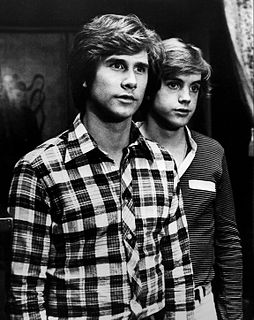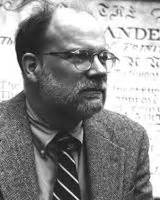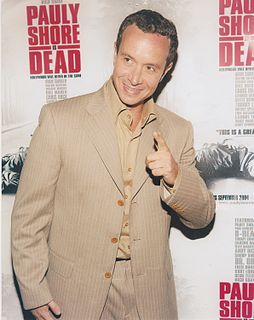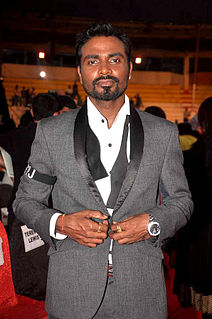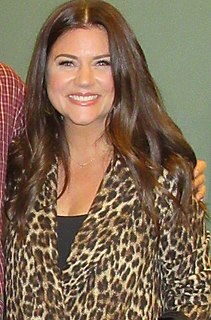A Quote by Parker Stevenson
Intellectuals would be much more accepted now than in the '40s
Related Quotes
You are accepted. You are accepted, accepted by that which is greater than you, and the name of which you do not know. Do not ask for the name now; perhaps you will find it later. Do not try to do anything now; perhaps later you will do much. Do not seek for anything; do not perform anything; do not intend anything. Simply accept the fact that you are accepted!
Intellectuals love Jefferson and hate markets, and intellectuals write most of the books. Intellectuals often think that they should, for the benefit of mankind, act as fiduciaries for the clods who don't have to be intellectuals, and I suspect that has to do with [why historians love Jefferson and not Hamilton, even though Hamilton's vision of America's commercial future was vastly more accurate than Jefferson's].
Why do I think that we, the intellectuals, are able to help? Simply because we, the intellectuals, have done the most terrible harm for thousands of years. Mass murder in the name of an idea, a doctrine, a theory, a religion - that is all "our" doing, "our" invention: the invention of the intellectuals. If only we would stop setting man against man - often with the best intentions - much would be gained. Nobody can say that it is impossible for us to stop doing this.
In the '30s and '40s, the search for Hungarian national identity led famously to an alliance with Hitler and the destruction of more than a half million of the nation's Jews. And here we are now, more than 70 years later, witnessing a resurgence of xenophobia and authoritarianism, and not just in Eastern Europe.
The life of a chess master is much more difficult than that of an artist - much more depressing. An artist knows that someday there'll be recognition and monetary reward, but for the chess master there is little public recognition and absolutely no hope of supporting himself by his endeavors. If Bobby Fischer came to me for advice, I certainly would not discourage him - as if anyone could - but I would try to make it positively clear that he will never have any money from chess, live a monk-like existence and know more rejection than any artist ever has, struggling to be known and accepted.
Have you come over time to think that you know more now than you did when you were young, know less now than when young, know now there is so much more to know than you knew there was to know when young that it is moot whether you think you knew more then than now or less, or do you now know that you never knew anything at all and never will and only the bluster of youth persuaded you that you did or would?
United Features had given me a development contract, which meant I was to work exclusively with them and rather than completing everything on my own and turning it in to them and having it rejected or accepted, I was working much more directly with the syndicate, turning in smaller batches much more frequently, and getting comments on them. The idea was that they would help me develop the strip and then, assuming that they liked it, it would flow into a normal contract for syndication.
I think there's definitely much more opportunities for women now to find a role in 30s and 40s both. I think you're starting to find people really seeing that - here's the thing. It's hard for me to say and know the experience how it was ten, twenty years ago because I was only in my teens and my 20s, but I know from watching TV myself and watching film myself I see a lot more 30s and 40s on screen, which just makes me very, very happy. It's what we should be watching.
My favorite decade of cinema would be kind of the '40s, yeah. I like things in the '30s, but you know, the sound recording in the '30s wasn't very good. But for some reason the movies in the '40s have the best personalities: Jimmy Stewart, Gary Cooper, Betty Grable, Gene Tierney, and all those people. For some reason, I seem to gravitate more toward the '40s, and I don't necessarily know why. I just love the people.
